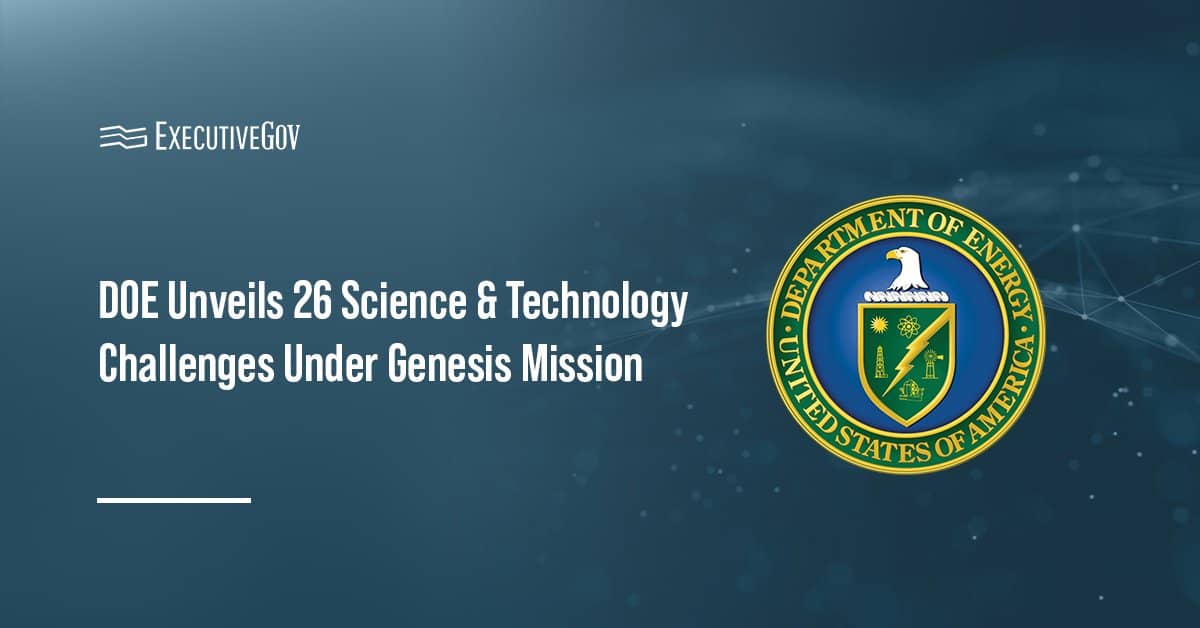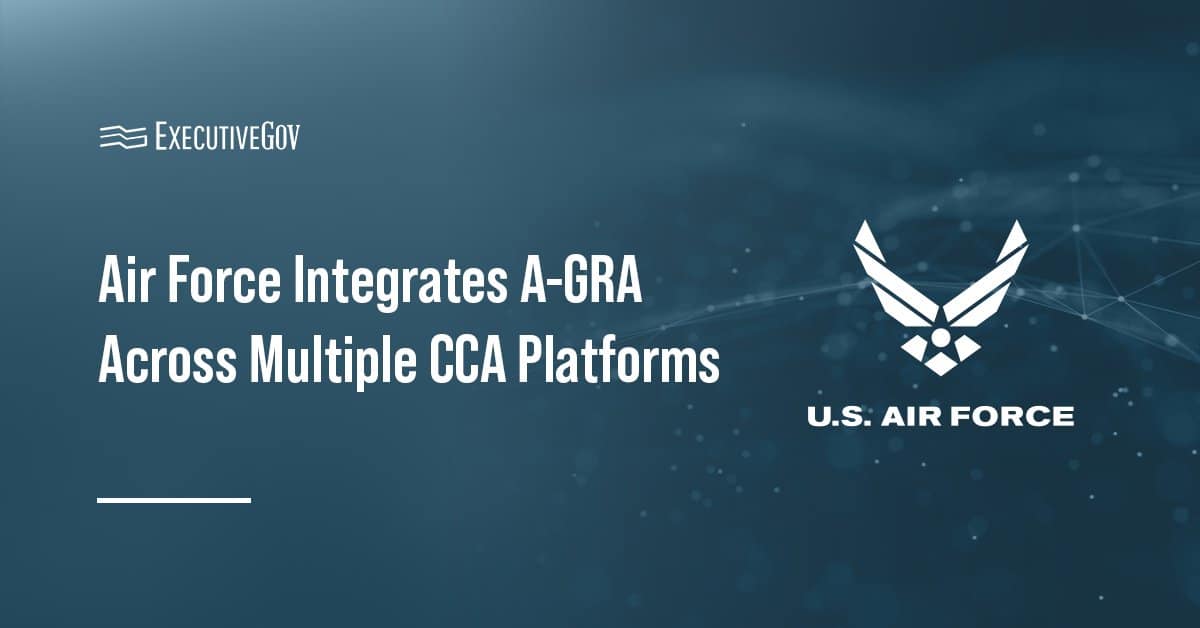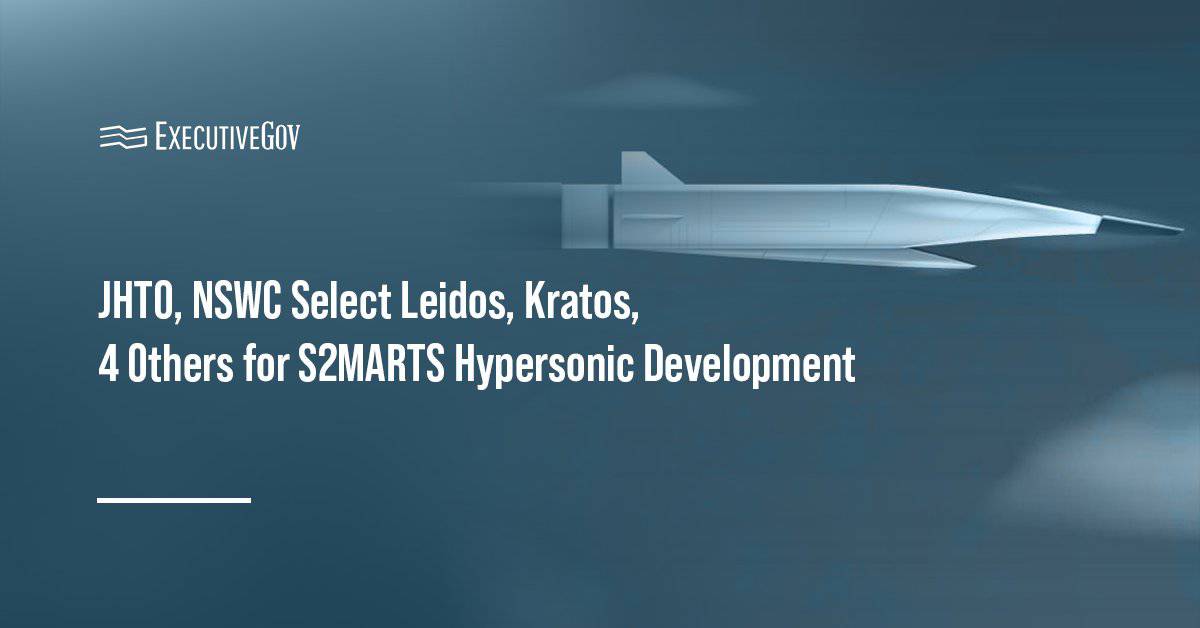The Defense Advanced Research Projects Agency has selected an initial 15 companies for Stage A of its Quantum Benchmarking Initiative, or QBI, project launched in July to explore the feasibility of building an industrial quantum computer within 10 years with much faster features than current predictions.
The companies were chosen after a team of U.S. quantum experts screened all the proposers’ written abstracts and oral presentations, Joe Altepeter, QBI program manager, said in DARPA’s Thursday announcement of the initial project participants.
Table of Contents
What to Expect in Stage A
“Stage A is a six-month sprint in which they’ll provide comprehensive technical details of their concepts to show that they hold water and could plausibly lead to a transformative, fault-tolerant quantum computer in under 10 years,” Altepeter explained on the subsequent work for the selected companies.
According to DARPA, it is still negotiating with three companies for addition to the initial 15 entries in QBI stage A, which are as follows:
- Alice & Bob
- Atlantic Quantum
- Atom Computing
- Diraq
- Hewlett Packard Enterprise
- IBM
- IonQ
- Nord Quantique
- Oxford Ionics,
- Photonic,
- Quantinuum
- Quantum Motion
- Rigetti Computing
- Silicon Quantum Computing,
- Xanadu
The stage A participants are pursuing various technologies for developing quantum bits, also known as qubits, serving as their foundation for quantum computers, such as superconducting qubits, photonic qubits and neutral atom qubits.
What Will Happen in Stages B and C?
Successful companies in stage A will advance to a year-long stage B involving DARPA’s close examination of the participants’ research and development. Qualifiers in the second stage will enter the final Stage C wherein the companies’ computer hardware components, subsystems and algorithms will be tested by QBI’s independent verification and validation, or IV&V, team.
“We’ve built and are expanding our world-class IV&V team of U.S. quantum experts, leveraging federal and state test facilities to separate hype from reality in quantum computing,” Altepeter said.
Earlier, DARPA announced that it will work Microsoft and PsiQuantum in the validation and co-design stage of the companies’ concepts on a utility-scale quantum supercomputer under the Underexplored Systems for Utility-Scale Quantum Computing program—a.k.a. US2QC—the pilot initiative for QBI.





